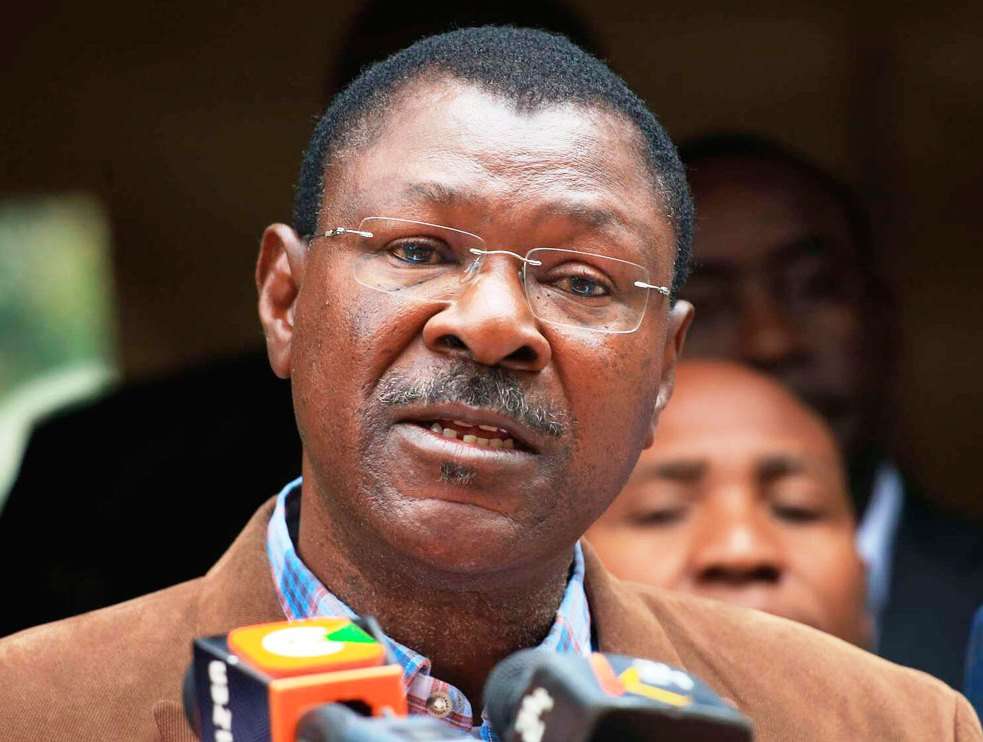By Mdadisi Mmoja
In a country drowning in youth unemployment and rising poverty, Kenya’s gambling explosion is no accident. It is a man-made crisis, fuelled by incompetence and outright betrayal at the highest levels of regulation.
As young Kenyans become trapped in a vicious cycle of betting, two institutions stand accused: the Betting Control and Licensing Board (BCLB) and the Communications Authority of Kenya (CAK), led by Director General David Mugonyi.
The government’s recent crackdown on rogue betting firms and gambling-fuelled broadcasts is too little, too late. The rot begins with the very bodies meant to protect the public. For years, the BCLB recklessly dished out licences, while the CAK allowed television and radio to become little more than non-stop gambling infomercials.
It is a national disgrace that betting advertisements, thinly disguised as entertainment programmes, have swallowed nearly 90% of airtime on some broadcasters. Schoolchildren, still in their uniforms, have been bombarded with promises of instant riches, while those tasked with protecting them looked the other way.
Worse still, it was not the regulators who blew the whistle. It was an ordinary citizen, blogger Cyprian Nyakundi, who led the charge to expose this scandal. When private citizens are forced to do the work of entire government agencies, it is clear that something is deeply broken.
Now, under public pressure, Mugonyi has rushed out a 14-day ultimatum to broadcasters to “curb” betting content. Spare us the theatrics. This is not leadership, it is damage control. Under Mugonyi’s watch, gambling content metastasised into a national epidemic, trampling licence conditions, the Programming Code, and any basic sense of public duty.
The BCLB fares no better. Instead of shielding vulnerable youth, it opened the floodgates, licensing rogue firms that operated barely disguised online betting dens. In doing so, it condemned a generation to poverty, mental health struggles, and rising criminality.
Dr Raymond Omollo, the Principal Secretary for Internal Security, is right: gambling addiction is a national emergency. But sending police to shut down illegal betting shops tackles only the symptoms. The root cause, the shameless licensing regime and regulatory collapse remain untouched.
Let us be clear: this is no mere bureaucratic failure. It is a betrayal of public trust. Institutions tasked with protecting Kenyan families chose instead to protect corporate profits.
For far too long, the BCLB and the CAK have allowed the betting industry to run riot, unchecked and unchallenged. They must now face real accountability, through independent investigations, disciplinary action, and sweeping reforms.
Kenya’s young people deserve better than to be sacrificed at the altar of quick profits and official apathy. This is not just a crisis. It is a national scandal. And it is time, long past time, to demand justice.





